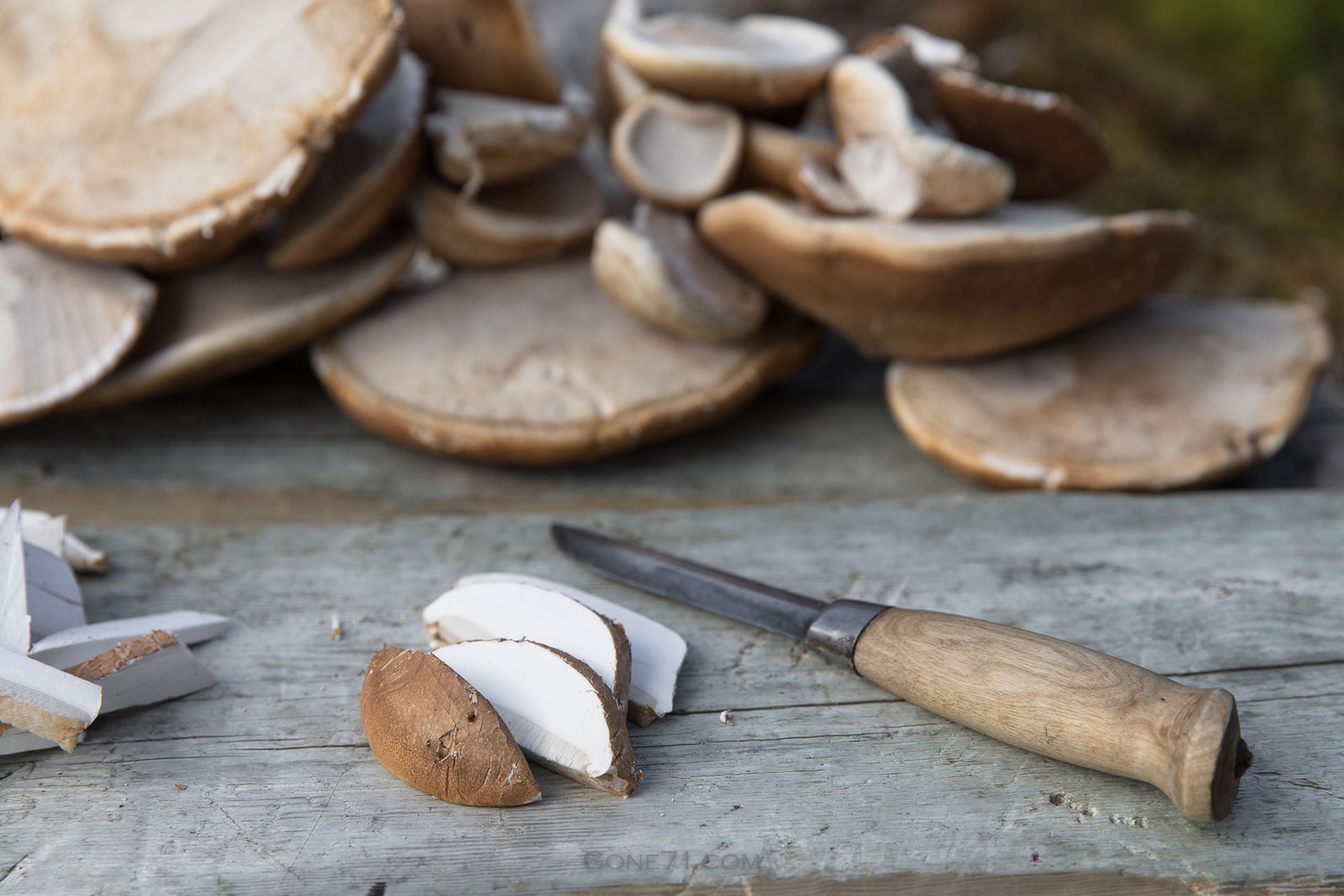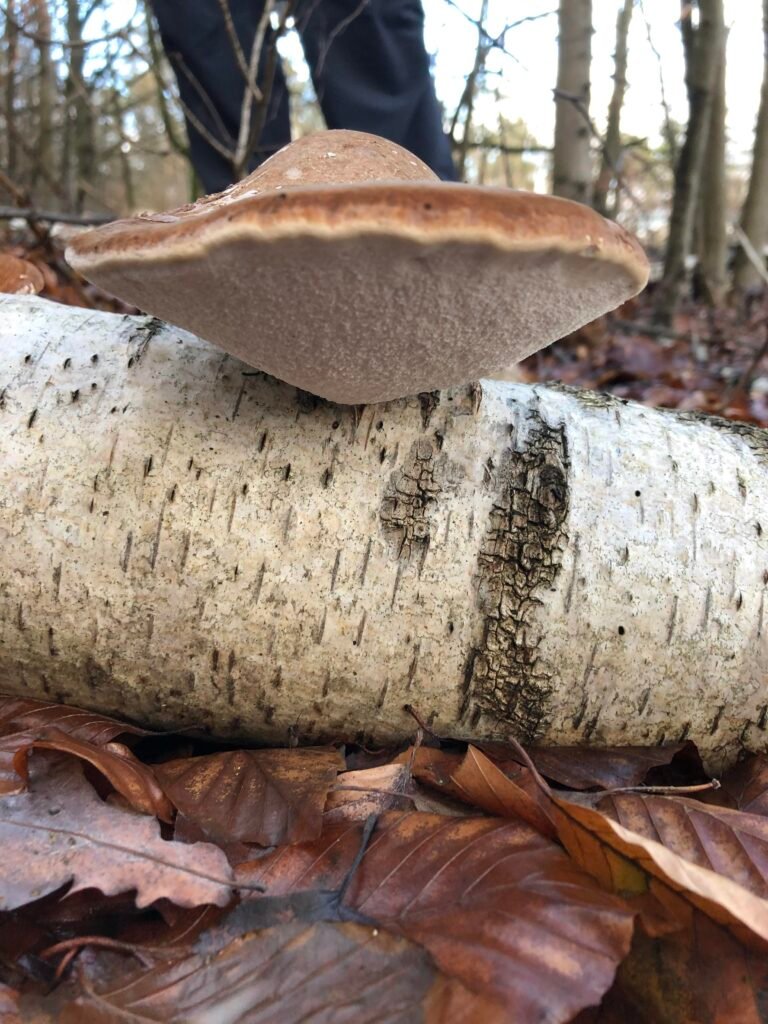Piptoporus betulinus, commonly known as Birch Polypore, has long been recognized for its potential health benefits and traditional medicinal use. While widely known in the wild, the challenge of cultivating this mushroom indoors has limited its availability for scientific and commercial purposes—until now. In a recent study, researchers successfully developed a method to grow P. betulinus fruiting bodies indoors using birch sawdust and optimized moisture and organic content. Among the four tested strains, PB01 was the only one to produce mature mushrooms, yielding promising results in both size and biological efficiency.
Beyond cultivation, the study explored the anticancer potential of water and ethanol extracts from both cultivated and wild P. betulinus. These extracts demonstrated anti-proliferative effects on human colon, lung, and breast cancer cell lines, with ethanol extracts from cultivated mushrooms showing particularly strong activity. This finding suggests that lab-grown fruiting bodies can be just as potent as their wild counterparts, offering a standardized and controllable way to access the mushroom’s bioactive compounds.
The success of this indoor cultivation marks a major step forward in medicinal mushroom research, reducing dependency on seasonal wild harvests and improving access to consistent, contaminant-free material. The findings not only open doors for deeper scientific investigation but also pave the way for future applications in nutraceuticals and functional foods.



